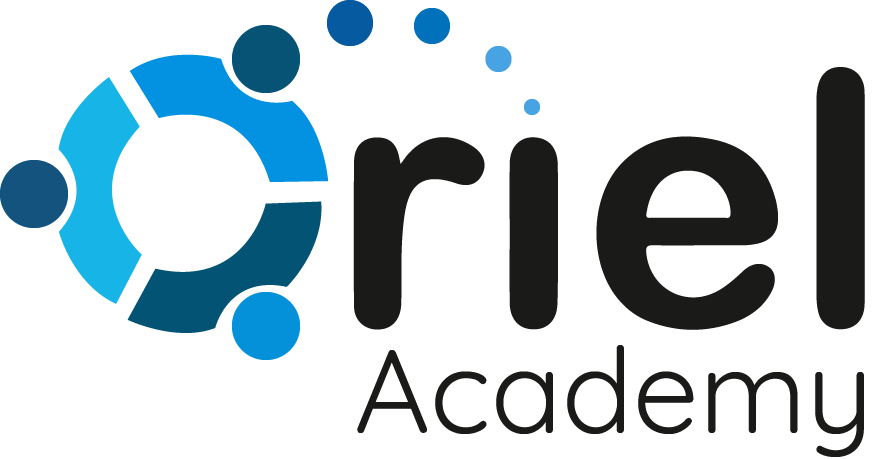Healthcare PRM vs. CRM: Key Differences and Why You Need Both
In today’s fast-paced world of healthcare, it’s not enough to just treat patients, it’s also about creating a bond and building real relationships with them. That’s where what kind of tools you are using behind the scenes matter. When it comes to Healthcare PRM vs. CRM, you might be wondering: which one does what? And more importantly, do you need both?










